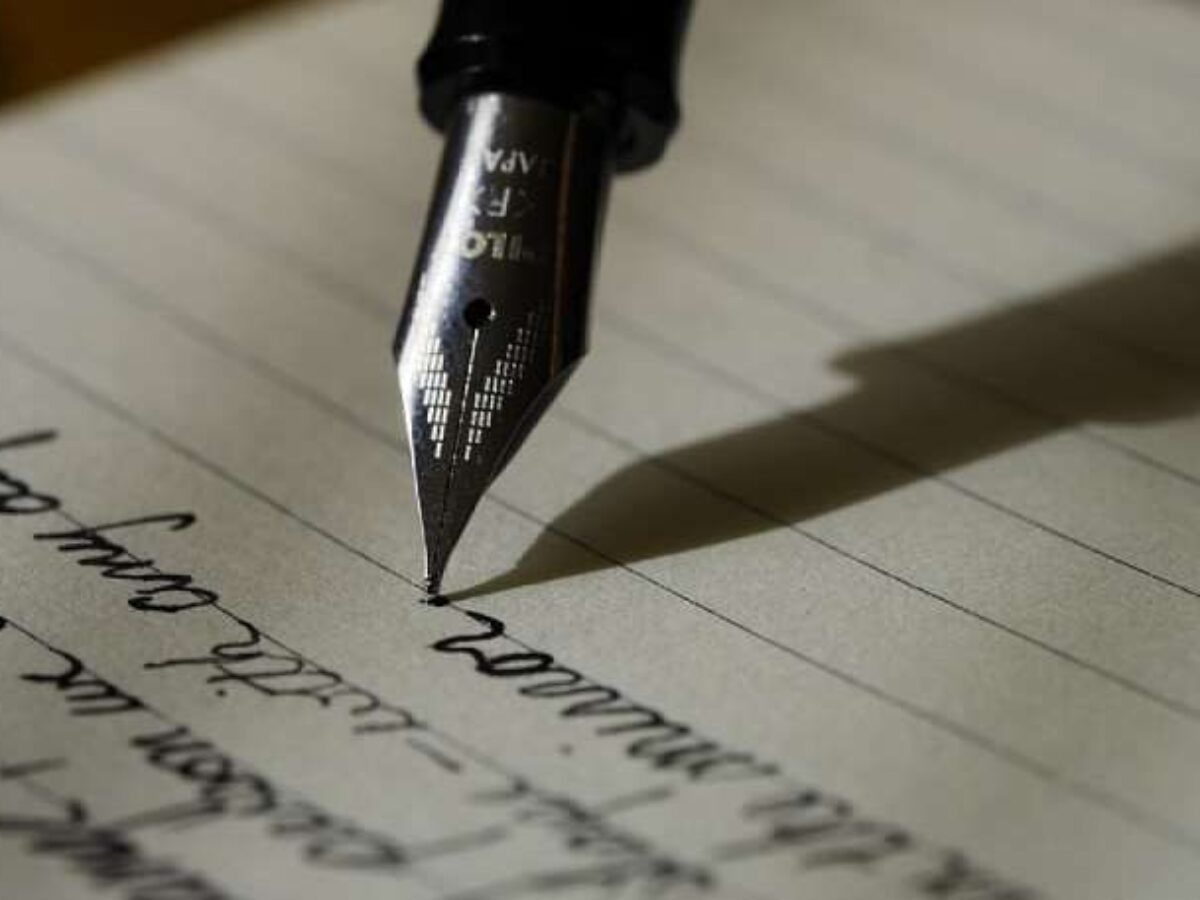08/08/25

A nation is wounded in the heart when an unfathomable tragedy befalls. It is a moment when the vivacious drumbeat of life quietens and citizens are collectively engulfed in sorrow.
On Wednesday, August 6, 2025, our beloved country stood on the cliff of a woody mountain gazing into the shadow of death. A helicopter christened Z9, fell, taking with it eight beloved gallant souls. A terrible darkness of grief descended upon us all and the government ordered the national flag to fly at half-mast.
In this darkness lies the tale of unethical depiction of the unbearable tragedy. It is an account of how we, as the storytellers chose to paint this heart-wrenching loss.
The responsibility of the journalist, in a time like this, is not simply to narrate the facts; it is to be a storyteller with a conscience.
As writers, we are the documenters of history, but our pens and cameras must be guided not by a thirst for spectacle, but by a deep and steadfast empathy for the human condition.
The remains of a shattered helicopter are evidence of a tragedy, but the loss of lives within, is a testament to the fragility of our very existence. We must never confuse the wreckage with the human spirit it once carried.
The compulsion to reveal all, to show total horror is unethical. What is the reward for broadcasting an image of carnage, a picture that feasts on pain? Isn’t that a defilement? It is the ultimate, heartless act of stripping dignity from those who can no longer defend themselves. Publishing such images and broadcasting or sharing videos of such nature publicly is to further distress families who are already down, in grief.
Images of Pain and the Ethics of Empathy
Journalism is an art of embroidery of words and images. It is also a mirror held up to the world. However, that mirror must be polished with the right quantity of “ethical powder” and kind-heartedness.
The Ghana Journalists Association’s (GJA) Code of Ethics is not a stiff set of rules; it is a sacred covenant, an assurance to our people that we will at all times be guided by a greater moral purpose.
Guideline 16 of the 2017 GJA Code of Ethics, a guiding light in this quagmire, speaks directly to this issue. “A journalist does not intrude into anybody’s private life, grief or distress unless justifies by an overriding consideration of public interest.’’
Article 16 of the old Code of the Association reads; “In case of personal grief or distress, journalists should exercise tact and diplomacy in seeking information and publishing.” This article, in its quiet command, is a supplication for humanity. It is an appreciation that the drive to do a story must never dwarf the sanctity of a person’s grief. The Code entreats us to be discreet, sensitive and diplomatic in seeing not just the news, but the tears behind it.
The publication, broadcasting and social media sharing of gory images-a close-up of a broken body, a disfigured part of the body, the remains of a life brutally ended are the direct opposite of this ethical obligation.
It serves no public interest, because the tragedy is already known. It serves only to sensationalise, increase traffic to online sites and to re-traumatise the families who are already troubled by the final moments of their loved ones.
What is gained from a photograph or video that lowers the dignity of the dead and torments the living?
The Digital Torrent and the Call for Integrity
In the era of instantaneous information, the enticement to share is as strong as the wind. New media platforms which are considered a double-edged sword of connectivity and disorder are the main field for ethical journalism.
The race to be first, to have the most shocking image, can drown out the inaudible voice of conscience. This is the new sphere of our ethical dilemma and it is here that we must draw our firmest lines.
The GJA’s ethics are not just for the traditional media; they are a moral compass for every Ghanaian who selects to call herself or himself a journalist.
The digital sphere, with its speed and facelessness, does not absolve us from adhering to our ethical obligations.
The trauma inflicted by a gory image on social media can be everlasting as it becomes an inerasable scar on the digital record, an excruciating reminder that the bereaved must face for years to come.
As practitioners of this noble profession, we must all become gatekeepers of decency. Our role is not to be a channel for horror, but a filter for empathy. The people have a right to know, yes, but they do not have a right to desecrate the dead. We must teach our audiences, through our own conduct, that empathy is the highest form of journalism.
A Call for Repentance
To the traditional media houses, editors and our promising exuberant media practitioners, we say this: Repent and remain the moral anchor. Be the citadel of ethical reportage in a sea of sensationalism. Let your front pages, your television screens be a tribute to dignity, not a testament to tragedy. Remember Article 17 of the GJA Code: “A journalist should respect the individual’s right to privacy and human dignity.” Investigations and intrusions into a person’s private life can only be defensible when done in public interest.
The ghastly depiction of a person’s death is not an inquiry; it is the most severe intrusion. The public interest is served by a considerate, responsible account of the facts, not by an outrageous display of human suffering.
To the new media, to the citizen journalists and content creators, well-meaning and ethics-loving people of our profession extend an invitation to you to the ethical table. You are the future of our information ecosystem, and your influence is huge.
To this end, we urge you to embrace ethical responsibility. The chase for huge ‘likes’ and ‘shares’ cannot be attained at the cost of a family’s peace. You have to be mindful of the trauma you may be inflicting with a single post. Let it be ingrained in your thoughts that a photograph of a body is not a headline; it is a final, intimate moment of a life that has abruptly ended. Repent, protect and respect that moment.
The GJA stands ready to enforce its ethical Code by holding journalists accountable. Failure to do so, will be the betrayal of the very essence of our profession and to inflict more agony upon the already grieving families.
Let us remember the names of the eight gallant heroes. Let us speak of their service, their dreams, and their families. Let us tell the story of their legacy, not the unacceptable depiction of their final moments. Let us, as an industry and as a nation, come together in this moment of collective national sorrow and choose the path of sympathy over the path of spectacle.
May this tragic event be a turning point for journalism in Ghana when it comes to adhering to ethics. Let it be a period when we restate our commitment to a higher and relevant purpose when we choose empathy over viewership and clicks, and dignity over who broadcasts or shares gory videos first.
May it be said that we are the storytellers who lift the veil of sorrow with reverence, who give voice to grief without exploiting it. And as the nation is in tears, let us remember that the ultimate duty of a journalist is to serve humanity with a heart that is both fearless and gentle.
The tears of a nation are a sacred river. Let us not pollute it with distasteful images of our fallen gallant heroes. Let us help pay tributes in their memory with a compassionate voice and with persistent commitment to the sacred ethics that define who we are as journalists. In doing so, we will keep intact, not just our professional integrity, but our shared humanity.
Dominic Hlordzi
General Secretary
Ghana Journalists Association


